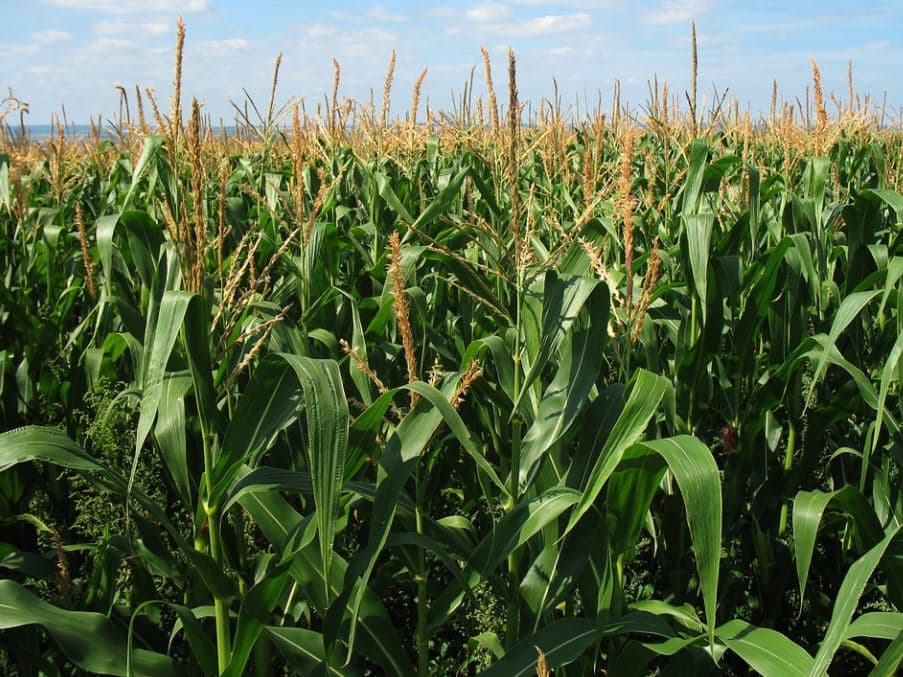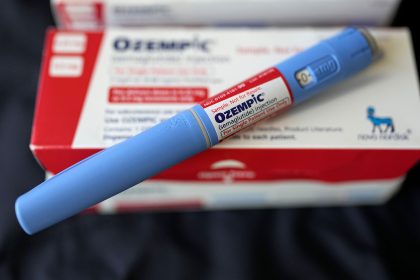Farm Conservation Practices to Factor Into SAF Tax Breaks

WASHINGTON — The conservation practices of America’s farmers will now be a factor in determining whether renewable aviation fuels made from their corn and other crops qualify for low-carbon-fuel tax incentives, the Treasury Department said Tuesday.
The department’s announcement stemmed from the Biden administration’s adoption of a new GREET model, officially called the “40B SAF-GREET 2024 model.”
GREET, short for “greenhouse gasses, regulated emissions and energy use in technologies,” is a life cycle analysis first used by the federal government in 1995.
In practice, it is a framework for assessing the environmental impacts associated with all stages of the supply chain of a technology or product.
Going forward, the guidance said, the Treasury Department will use it to determine whether greenhouse gas emissions created when producing the sustainable aviation fuel are low enough to allow producers to qualify for a federal tax credit known as 40B.
In a written statement Agriculture Secretary Tom Vilsack described the new model as an “important stepping stone” that “acknowledges the important role farmers can play in lowering greenhouse gas emissions and begins to reward them through that contribution in the production of new fuels.”
“This is a great beginning as we develop new markets for sustainable aviation fuel that use home grown agricultural crops produced using climate smart agricultural practices,” Vilsack continued.
He went on to say his department will continue to work with other federal agency partners to expand opportunities in the future “for climate smart agriculture in producing sustainable aviation fuel.”
The tax credit was established by the Inflation Reduction Act, legislation that’s often referred to as the largest investment into addressing climate change in U.S. history.
While the Treasury Department and Internal Revenue Service took the lead on crafting the sustainable aviation fuel tax credit, they worked closely with other departments and agencies including the Departments of Agriculture, Energy and Transportation and the Environmental Protection Agency.
“Incentives in the law are helping to scale production of low-carbon fuels and cut emissions from the aviation sector, one of the most difficult-to-transition sectors of our economy,” said Treasury Secretary Janet Yellen in a written statement.
“Today’s guidance provides additional clarity and certainty to companies and producers,” she said.
Energy Secretary Jennifer Granholm said the guidance reflects the latest data and science needed to help create new economic opportunities for the nation’s agricultural sector
“This interagency effort will help our climate goals take flight with cheaper, cleaner sustainable aviation fuel — ensuring America maintains an innovative edge on the global clean technology stage,” she added.
But even as administration officials lined up in support of the new tax credit regime, some lawmakers on Capitol Hill were criticizing the model, saying it actually penalizes corn and soybean growers.
Among them were Sens. Chuck Grassley and Joni Ernst, both Republicans and both of the major corn-producing state of Iowa.
In a video posted to his website, Grassley said he had two main issues with the Biden administration’s GREET decision.
“First, this new formula is going to be easy to violate. Second, without grain in the formula, there won’t be enough feedstock to make all the Sustainable Aviation Fuel environmentalists are crying for,” Grassley said.
“To put it bluntly, this GREET Model update is a stupid approach,” the senator continued. “Widespread use of Sustainable Aviation Fuel will help fight global warming. But rejecting grain feedstocks will impede efforts to produce that fuel on a commercial scale.
“Some people might argue this decision won’t impact farmers’ bottom lines, because they can sell their corn and soybeans elsewhere. That’s hogwash, and it shows the people saying it don’t know much about how farmers deliver their grain. These new barriers to entry will strip farmers of a significant market opportunity,” he said.
Ernst also believes the updated model will unfairly penalize certain domestic feedstocks used for the development of SAF — particularly corn and soybeans.
“The Biden administration is deciding to play politics with what crops can be used in the SAF market and unfairly penalizing domestic producers for their farming practices,” she said in a written statement on her website.
“This decision will ultimately hinder America’s ability to compete in this new alternative fuel market and force our country to be more reliant on foreign feedstocks for expanded biofuel production,” Ernst said.
As explained by the Treasury Department, the tax credit incentivizes the production of sustainable aviation fuel that achieves a lifecycle greenhouse gas emissions reduction of at least 50% as compared with petroleum-based jet fuel.
Producers of SAF are eligible for a tax credit of $1.25 to $1.75 per gallon. SAF that achieves a GHG emissions reduction of 50% is eligible for the $1.25 credit per gallon amount, and SAF that achieves a GHG emissions reduction of more than 50% is eligible for an additional $0.01 per gallon for each percentage point the reduction exceeds 50%, up to $0.50 per gallon.
In regard to the new GREET, Treasury Department officials said it incorporates new data, including updated modeling of key feedstocks and processes used in aviation fuel and indirect emissions.
The modified GREET model also integrates key greenhouse gas emission reduction strategies such as carbon capture and storage, renewable natural gas and renewable electricity.
The guidance, on a pilot basis, also incorporates a USDA pilot program to encourage the use of certain Climate Smart Agriculture practices for SAF feedstocks.
For corn ethanol-to-jet, the pilot program provides a greenhouse gas reduction credit if a “bundle” of certain CSA practices (no-till, cover crop and enhanced efficiency fertilizer) are used.
It similarly would allow a greenhouse gas reduction credit for soybean-to-jet if the soybean feedstock is produced using a “bundle” of applicable CSA practices (no-till and cover crop).
The pilot program is specific to the 40B tax credit, which is in effect for 2023 and 2024.
The Treasury Department said it will do further modeling and continue to collect data as it considers how climate smart agricultural practices will figure in the Clean Fuel Production Credit (known as the 45Z tax credit), which will become available in 2025.
Dan can be reached at [email protected] and at https://twitter.com/DanMcCue
























